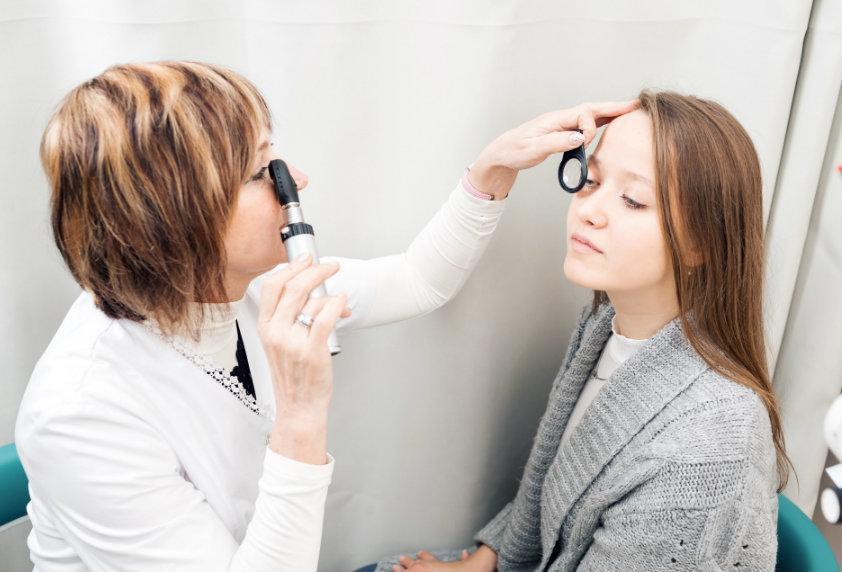Macular degeneration, often called age-related macular degeneration, is the leading cause of vision loss in older Americans. It’s estimated that 6% of people in the US aged 40 and older have some stage of macular degeneration.
Keep reading to find out more about macular degeneration and how you can cope with it:
What Causes Macular Degeneration
Macular degeneration develops when cells in the macula deteriorate. The macula is the small central portion of the retina and it contains most of the eye’s six million cones, which are photoreceptors responsible for color vision and high visual acuity.
While it’s not clear what causes macular degeneration, researchers believe that a combination of genetics and environmental factors are likely at play. Known risk factors include having a history of macular degeneration in the family, high blood pressure, smoking, and being overweight.
Although most cases of macular degeneration do not cause total blindness, the disease can make everyday activities like reading and recognising faces difficult.
What Are The Symptoms Of Macular Degeneration
Macular degeneration has no symptoms in its early stages, which is why it’s so important to have regular eye exams at least once every year, or even more often if you have risk factors for AMD. As the disease progresses, patients may start to experience:
- Blurry or less clear vision
- Difficulty recognizing faces
- Reduced central vision
- Decreased color brightness
- Loss of color vision
- Difficulty adapting to low light
What Treatments Are Available For Macular Degeneration
As of now, there’s no cure for macular degeneration. However your eye doctor can recommend different treatments to help manage symptoms and slow the progression of this disease. These include:
- Anti-angiogenesis drugs
- Photodynamic laser therapy
- Low vision aids
Treatment is also related to the type of macular degeneration you have – wet AMD or dry AMD.
- Non-exudative Or Dry Macular Degeneration – Is the most common type of AMD. It progresses slowly over many years.
- Exudative Or Wet Macular Degeneration – Approximately 10% of patients diagnosed with AMD have this type. Wet AMD involves the exudation or leakage of fluid and blood from new blood vessels, which leads to retinal damage, detachment, and blindness. Wet AMD is a leading cause of permanent vision loss.
Can Lifestyle Changes Help?
There are certain lifestyle changes that can help to slow down the progression of the disease. These include eating a diet high in antioxidants, quitting smoking, and exercising regularly.
According to a large study, by the National Eye Institute of the National Institutes of Health, certain vitamins and nutrients such as Vitamin C and E , Copper, Zinc, Lutein, and Zeaxanthin may help with macular degeneration, but it does depend on the stage and severity of the disease.
For the best advice regarding macular degeneration it’s recommended that you visit your ophthalmologist at least once every year. Regular eye exams will enable the doctor to detect any macular degeneration signs early on. The sooner these issues are addressed, the less likely they are to cause serious vision problems later on. If you have any family history of macular degeneration, you should be even more mindful about getting regular eye exams.

